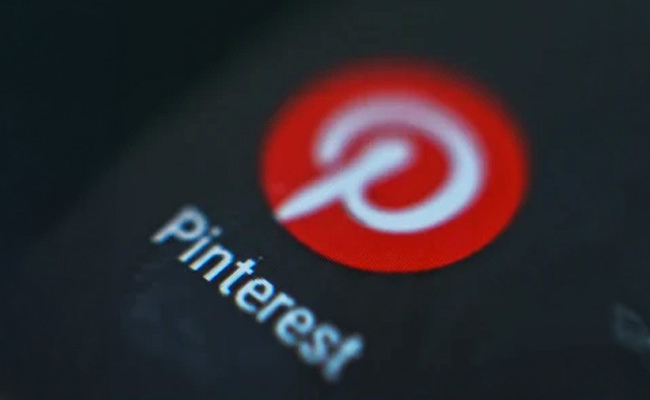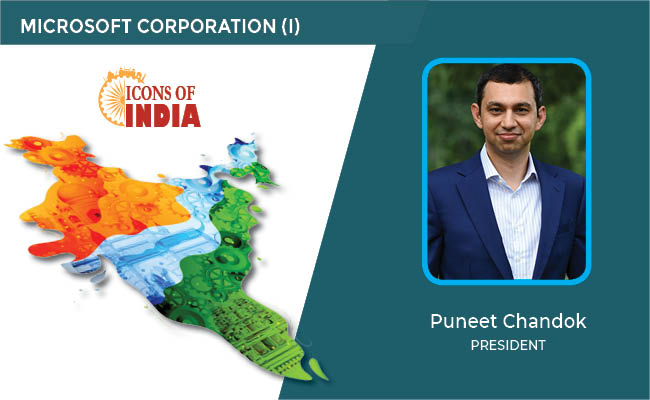Tough time ahead for the workers responsible for Cybersecurity
By MYBRANDBOOK

Today, companies have substantial assets and value manifested in digital form, and they are deeply connected to global technology networks – even as cyberattackers become ever more sophisticated and adaptable to defenses. As per Forbes report, 25% Of workers lost their jobs in the past 12 months after making cybersecurity mistakes. There is never a good time for their employees to make mistakes on the job. This is especially true now for workers who have anything to do with the cybersecurity of their companies and organizations. Given the growing risks of cyberattacks across the world and the increased threats posed by Russia in the aftermath of their invasion of Ukraine, these are certainly perilous times.
A new study released by email security company Tessian found that one in four employees (26%) lost their job in the last 12 months after making a mistake that compromised their company’s security. According to the second edition of Tessian’s Psychology of Human Error report, people are falling for more advanced phishing scams—and the business stakes for mistakes are much higher. Going forward, Information technology, cybersecurity, and risk professionals need to work together to protect their organizations from cyberthreats.
On average, an U.S. employee sends four emails to a wrong person every month—and organizations are taking tougher action in response to these mistakes that compromise data. Nearly a third of employees (29%) said their business lost a client or customer after sending an email to the wrong person—up from 20% in 2020. One in four respondents (21%) also lost their job because of the mistake, versus 12% in July 2020.
Over one-third (35%) of respondents had to report the accidental data loss incidents to their customers, breaking the trust they had built. It’s also surprising to see that people are making more mistakes than compromise security as a result of distraction or fatigue in the last 18 months. The report underlines that, when you combine these findings with the Zoom fatigue study, carried out by Stanford researchers and referenced in the report, it becomes clear that hybrid working set-ups are significantly impacting people’s cognitive loads and their abilities to stay focused at work.
Experts suggest to encourage employees to take regular breaks between virtual meetings or introduce ‘no-video meeting’ days, to help prevent cognitive overload caused by Zoom fatigue. Another way is to introduce intelligent technology solutions that can understand employees' behaviors and intervene when a mistake is about to occur, nudging the individual to make a safe cybersecurity decision.


Nazara and ONDC set to transform in-game monetization with ‘
Nazara Technologies has teamed up with the Open Network for Digital Comme...

Jio Platforms and NICSI to offer cloud services to government
In a collaborative initiative, the National Informatics Centre Services In...

BSNL awards ₹5,000 Cr Project to RVNL-Led Consortium
A syndicate led by Rail Vikas Nigam Limited (abbreviated as RVNL), along wi...

Pinterest tracks users without consent, alleges complaint
A recent complaint alleges that Pinterest, the popular image-sharing platf...


Icons Of India : Deepak Sharma
Deepak Sharma spearheads Schneider Electric India. He brings with him ...

Icons Of India : Dilip Asbe
At present, Dilip Asbe is heading National Payments Corporation of Ind...

Icons Of India : Puneet Chandok
Puneet Chandok is President, Microsoft India & South Asia and is respo...


ECIL - Electronics Corporation of India Limited
ECIL is distinguished by its diverse technological capabilities and it...

STPI - Software Technology Parks of India
STPI promotes and facilitates the growth of the IT and ITES industry i...

IOCL - Indian Oil Corporation Ltd.
IOCL is India’s largest oil refining and marketing company ...


Indian Tech Talent Excelling The Tech World - Aman Bhutani, CEO, GoDaddy
Aman Bhutani, the self-taught techie and CEO of GoDaddy, oversees a co...

Indian Tech Talent Excelling The Tech World - ARVIND KRISHNA, CEO – IBM
Arvind Krishna, an Indian-American business executive, serves as the C...

Indian Tech Talent Excelling The Tech World - REVATHI ADVAITHI, CEO- Flex
Revathi Advaithi, the CEO of Flex, is a dynamic leader driving growth ...